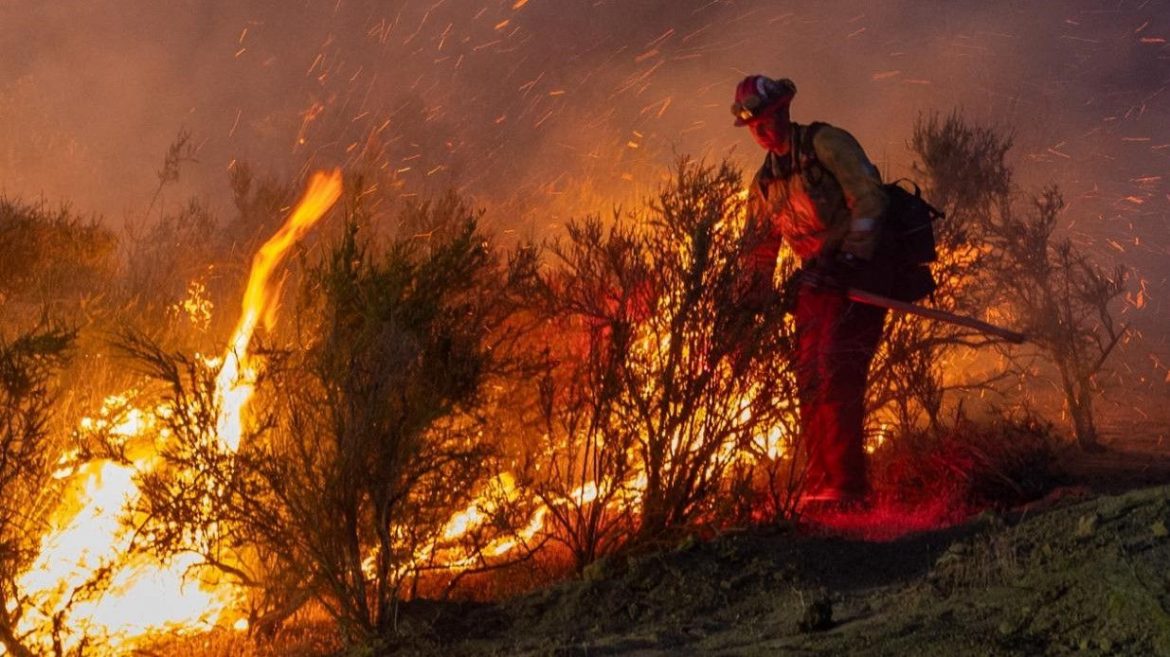A study has found that dangerous temperatures could kill 50% more people in Europe by the end of the century, with the lives lost to stronger heat projected to outnumber those saved from milder cold.
The researchers estimated an extra 8,000 people would die each year as a result of “suboptimal temperatures” even under the most optimistic scenario for cutting planet-heating pollution. The hottest plausible scenario they considered showed a net increase of 80,000 temperature-related deaths a year.
The findings challenge an argument popular among those who say global heating is good for society because fewer people will die from cold weather.
“We wanted to test this,” said Pierre Masselot, a statistician at the London School of Hygiene & Tropical Medicine and lead author of the study. “And we show clearly that we will see a net increase in temperature-related deaths under climate change.”
Read also: Reeves indicates support for third runway at Heathrow
The study builds on previous research in which the scientists linked temperature to mortality rates for different age groups in 854 cities across Europe. They combined these with three climate scenarios that map possible changes in population structure and temperature over the century.
In all three scenarios, they found, uncomfortable temperatures would kill more people than they do today. The scientists cautioned that the uncertainties in the data are large.
The net death toll is forecast to rise the most in hot southern Europe, particularly around the Mediterranean, with a second hotspot in central Europe that covers Switzerland, Austria and parts of southern Germany and Poland. In cooler northern Europe, meanwhile, a small decrease in deaths is expected.
“In Norway, for instance, we might see a very slight benefit,” said Masselot. “[But this] is completely overshadowed by this massive increase we see in southern countries.”
Story was adapted from the Guardian.
